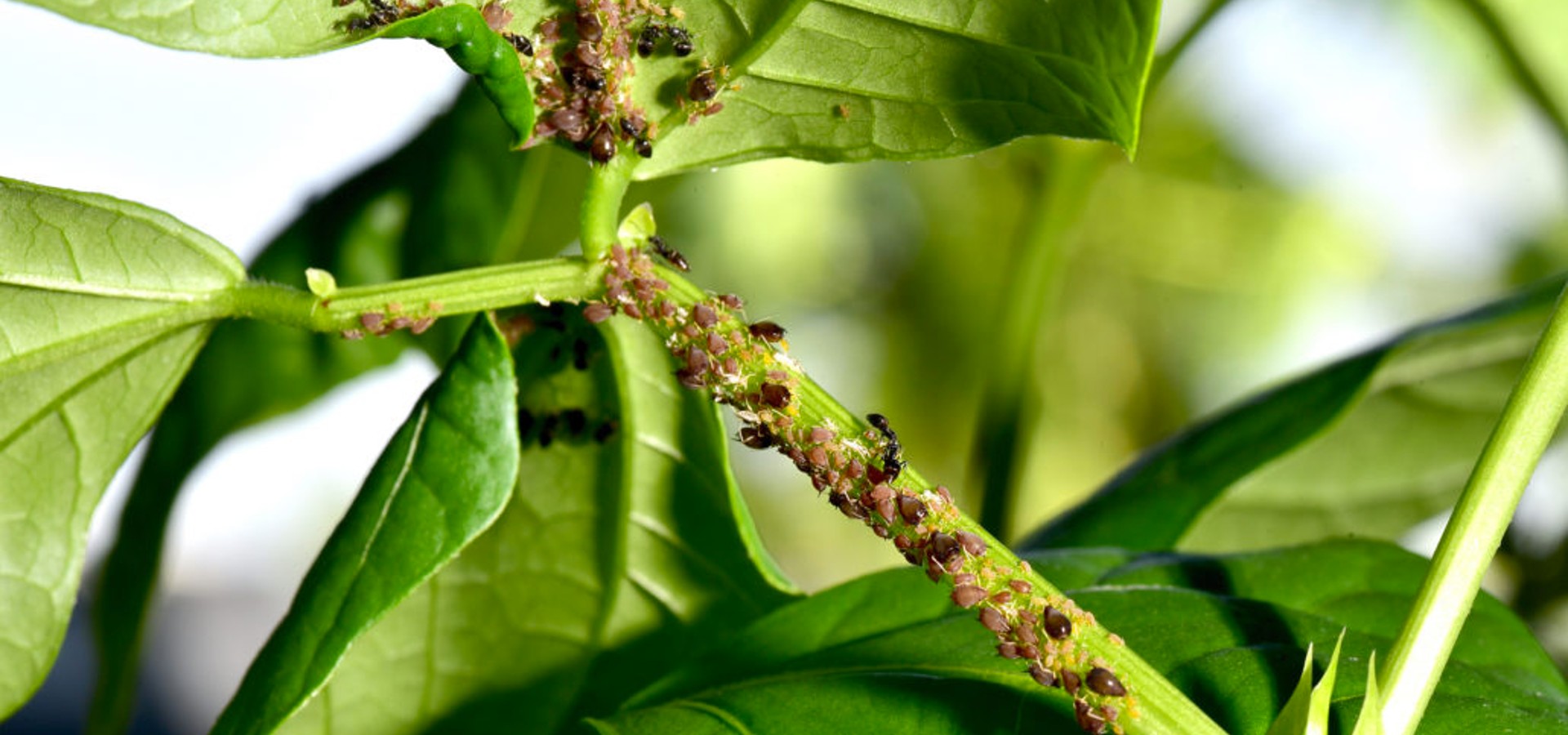An Overview of Root Pruning and Why it Helps Tree Health
Useful Insights from ISA-Certified Arborists
While pruning is a commonly understood term in tree care, most of us may
not be aware of what root pruning is and how it helps tree health. Simply
explained, it involves pruning roots to minimize potential damage to a tree’s root
system. It is a preventative step to avoid injury that could occur due to the
planned future relocation or transplanting of certain trees, or excavation work
around the trees on your property. The ISA-certified arborists at Rancho Coastal
shed some light on the process of root pruning and how it benefits tree
health.
Understanding Root Pruning and its Advantages
- Why do you need root
pruning?
Are you planning any new development or modifications to the buildings
on your property? Are certain large trees in the way of your plans? Relocating
large trees with mature root systems can be tedious and risky. Experienced tree
care professionals remove only a portion of the roots, usually just the
circumference of the drip line. Upon relocation, the tree depends on this root
ball to absorb water and nutrients, which means it will need abundant feeder
roots to sustain the stress of transplantation.
Through a skillfully planned and executed tree root pruning job,
our crew will promote the health and stability of your transplanted tree by:
- Cutting off the long, anchor roots
- Protecting the critical roots
- Encouraging feeder root development
closer to the drip line
- What methods do we use in root pruning?
Usually, our tree relocation crew will hand cut roots that are under an inch in diameter and
avoid cutting roots that are over three inches in diameter. Common methods of
pruning roots that are between one to three inches in diameter are:
- Air, or water or hand
excavation and pruning:
Precise identification of pruning spots through hydro
excavation or hand tools, followed by cutting the roots with a sharp saw or
lopper.
- Specialized root
cutting machinery:
Faster than hand excavation but can tend to be a slightly
indiscriminate pruning method, without identifying the exact location of the
pruning cuts.
- Chain trenchers or
excavators:
Used when the other methods are not suitable due to specific site
constraints.
- When should you plan
root pruning?
Have you identified the trees that are obstructing the planned construction, excavation or
modifications to your property? Get a tree risk assessment done right away, and
ideally, schedule the root pruning six months before your planned transplanting
exercise. For most trees, this is sufficient time to develop new feeder roots
that will help them survive the digging and relocation. However, certain trees
may need more time to develop new roots, or you may need to dig them in a
specific season, such as the period when they are dormant. Rely on qualified
arborists for advice on ideal conditions and the best timing for the job.
Professional Root Pruning and Tree Care Services
At Rancho Coastal, we specialize in all aspects of tree care, including branch pruning, tree
removal, stump grinding, root pruning, and more. Our ISA-certified arborists conduct
thorough tree risk assessments that detail the current and future arbor care needs of the
trees on your property. We can guide you on the ideal timing for root pruning, explain
the effort involved, and provide other pre or post-root pruning care that your
trees require.
As a licensed, bonded and fully-insured tree services company, we have been serving the arbor care requirements of commercial properties across the San Diego area. This includes properties in La Jolla, Rancho Santa Fe, Coronado, Pacific Beach, and Del Mar, CA.
For efficient and affordable root pruning services and comprehensive arbor care,
rely on the professionals at Rancho Coastal. Call 619-847-4225 or contact us online to request a free estima


